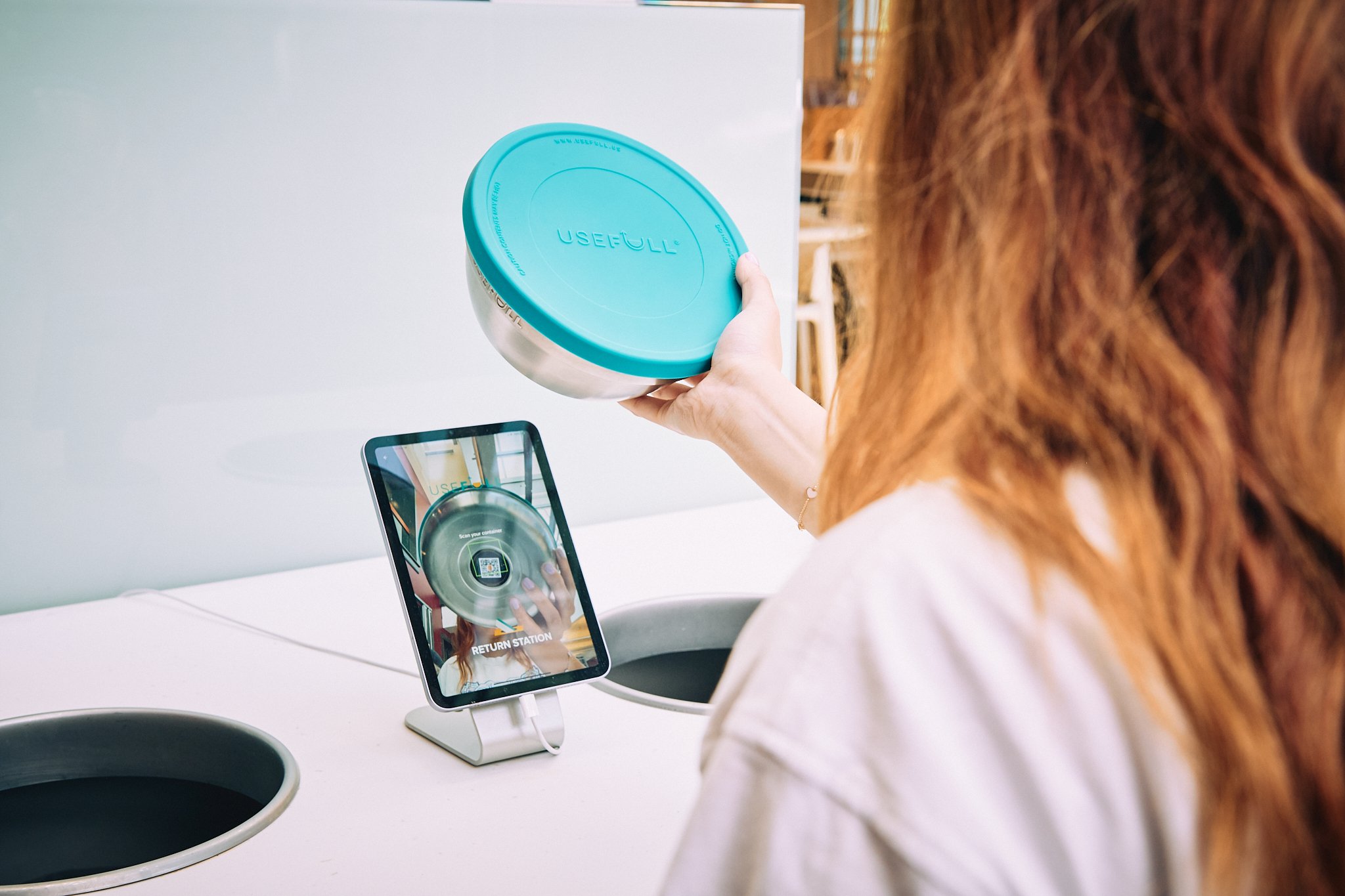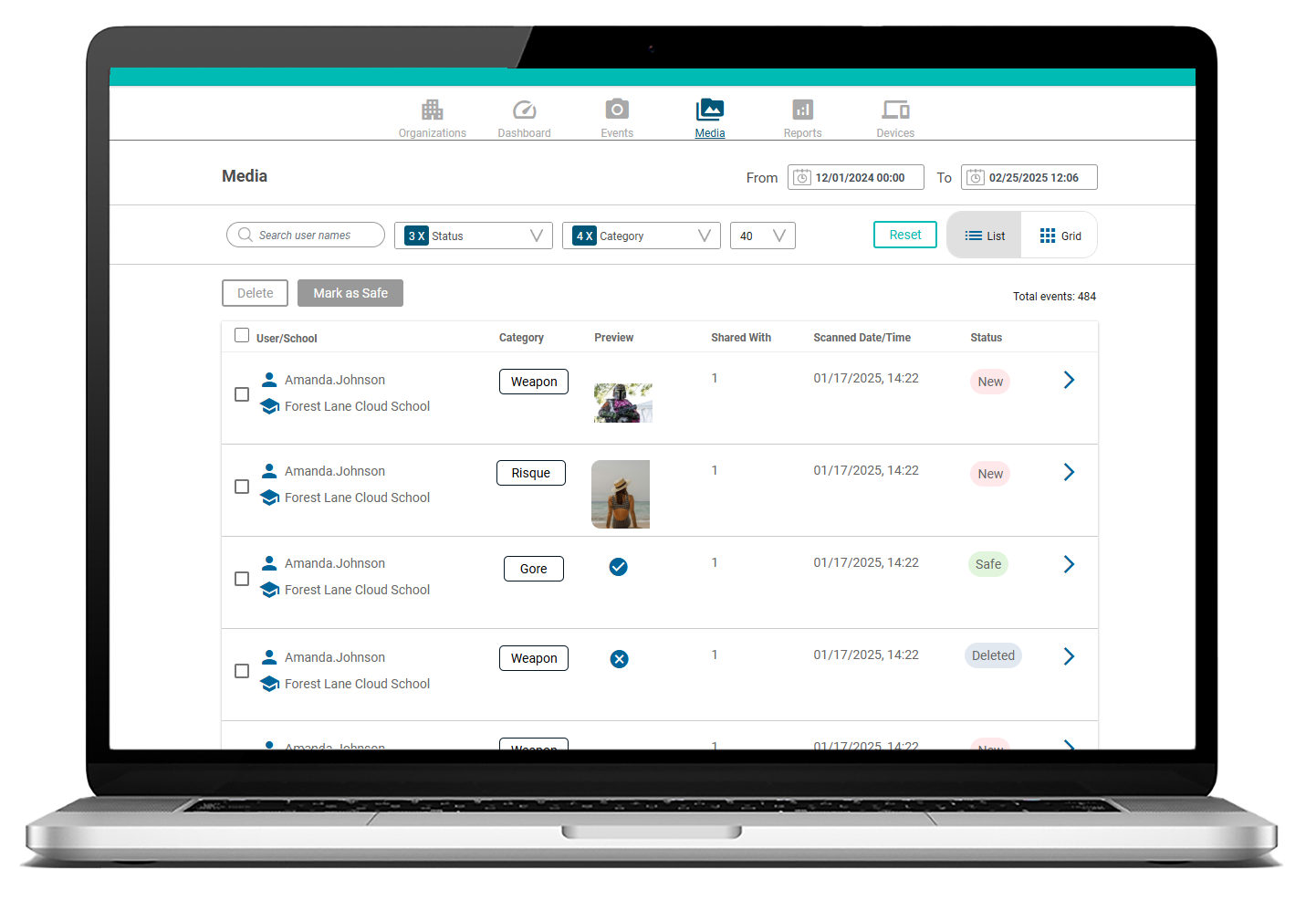University of Pittsburgh adopts QR-tracked USEFULL stainless steel containers to cut plastic waste

The University of Pittsburgh (Pitt) has introduced a QR-tracked stainless steel container system from USEFULL to enhance sustainability in campus dining. The initiative, launched in partnership with Pitt Eats, replaces plastic takeout packaging with reusable food containers and tumblers.
Each USEFULL container features a QR code, which students scan when checking one out. The system links to an app that sends reminders to return the containers on time. Similar to a library checkout model, students incur a small fee for late returns. According to USEFULL, this tracking technology has resulted in a return rate of more than 99%.
Meeting sustainability goals
The initiative supports Pitt’s broader sustainability strategy, which includes a goal to reduce landfill waste by 25% by 2030, based on 2017 levels. The university previously launched Plastic-Free Week in October 2024 to encourage waste reduction.
USEFULL provides plastic-free, reusable containers for colleges and corporate dining programs, with a focus on eliminating single-use packaging and promoting long-term sustainability efforts.
Steve Schurr, Vice President of Operations at Pitt Eats, emphasized the alignment between the program and student expectations.
“We had the opportunity to move another step closer to becoming a plastic-free operation for our community at Pitt. The USEFULL containers help us remove more plastic from our operation, all while giving our students something they’ve been asking for: a sustainable way to take food on the go.”



















